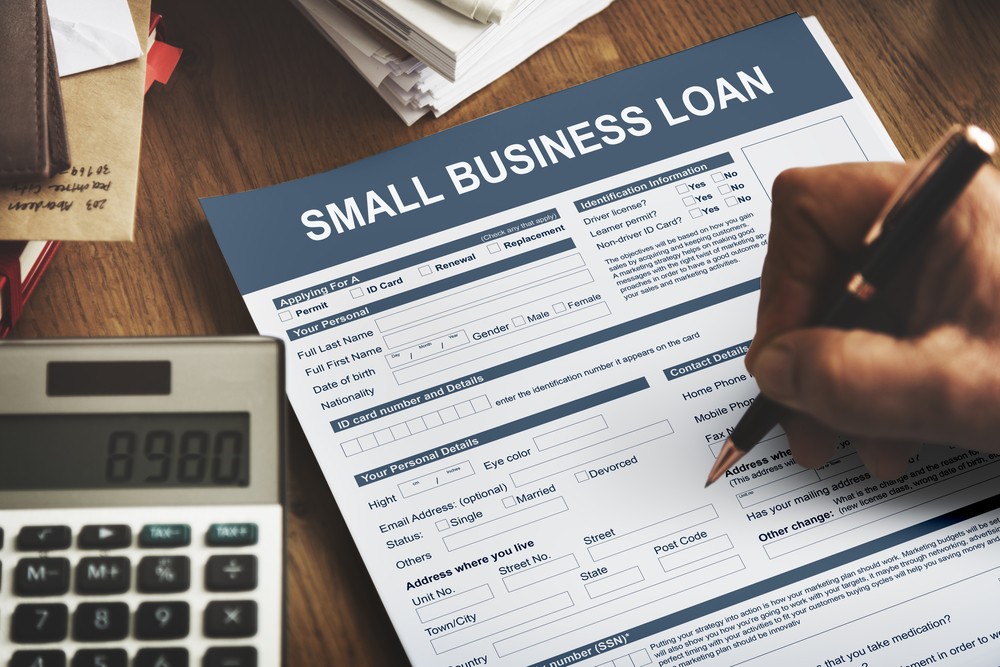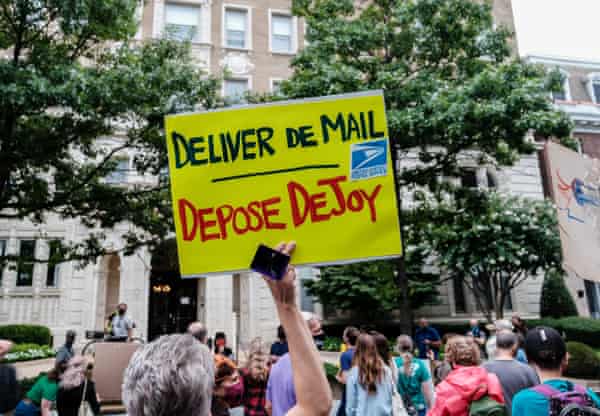
More than 1 million companies have received financial assistance from the CARES Act. My colleagues and I at Good Jobs First have been seeking to determine how many of those recipients have a track record of misconduct, and we will soon be releasing a report summarizing what we have found.
One conclusion I can share now is that the misbehavior can be found among small companies as well as large ones. While many of the smaller firms and non-profits paid penalties for commonplace offenses, some were involved in more serious cases. Here are some examples:
Coast Produce Company has received a Paycheck Protection Program loan worth between $2 and $5 million (the data was disclosed in ranges). In 2015 it paid $4 million to resolve civil allegations that it fraudulently overcharged the federal government for fresh fruits and vegetables it supplied to military dining facilities and Navy ships in Southern California. As part of a second agreement with criminal prosecutors, it agreed to implement various measures to ensure the company complies with its legal obligations.
The Academy of Art University has received a grant of $1.9 million from the Higher Education Emergency Relief Fund. In 2016 it paid the San Francisco City Attorney $60 million ($20 million in penalties and fees, and units of affordable housing valued at $40 million) in settlement of allegations it had ignored city land use rules, with multiple violations of zoning, signage, environmental, historical preservation and building code requirements.
American Refining Group in Pennsylvania has received a PPP loan worth between $5 and $10 million. In 2019 it had to pay $4.85 million ($350,000 in penalties and $4.5 million in equipment improvements) to resolve allegations by the Environmental Protection Agency that it was violating the Clean Air Act.
Meadows Regional Medical Center in Georgia has received a $9.3 million grant from the Provider Relief Fund. In 2017 it paid more than $12 million to resolve federal and state allegations of violating anti-kickback laws through its financial arrangements with physicians.
The Gagosian Gallery in New York has received a PPP loan worth between $2 and $5 million. In 2016 it paid $4.28 million to the New York Attorney General to resolve allegations that one of its affiliates engaged in sales tax evasion for a decade.
Williamson and McKevie LLC has received an Economic Injury Disaster Loan of $150,000. In a 2018 settlement with the Georgia Attorney General it agreed to give up accounts worth $8.8 million and pay a $20,000 civil penalty to resolve allegations it committed multiple violations of the federal Fair Debt Collection Practices Act and the Georgia Fair Business Practices Act when it repeatedly harassed and deceived consumers.
Adams Thermal Systems has received a PPP loan worth between $2 and $5 million. In 2013 it entered into a deferred prosecution agreement with the U.S. Attorney’s Office and the Occupational Safety and Health Administration to pay more than $1.33 million in criminal penalties and OSHA fines levied as a result of the 2011 death of a worker at the company’s plant in Canton, South Dakota.
These are just a few of the thousands of examples of companies that have gone from being defendants to recipients of federal largesse.


You must be logged in to post a comment.